Incorporating Movement Into Your Clinical Practice
Write your awesome label here.
-
Media Time: 130 Minutes
-
Quiz: 18 Questions
Movement, although it is no-cost and a relatively easy to model and teach, is often overlooked as an effective mental health therapy. Evidence overwhelmingly suggests that it can be used conjunctively with other methods of treatment.
This course will review current research on movement and mood as well as offer guidelines, interventions and guided practices. Gain access to resources you can use immediately in session with clients.
This course will review current research on movement and mood as well as offer guidelines, interventions and guided practices. Gain access to resources you can use immediately in session with clients.
Learning
Objectives
Juniper Owens
Juniper holds certifications in various therapeutic approaches, including EMDR, grief therapy, and Crisis and Suicide First Response. Her clinical expertise includes a range of therapeutic approaches, particularly in the treatment of anxiety and crisis work.
Nicole Sartini
Nicole is a leader in the field of mental health and leadership development. She facilitates talks in corporate settings on self-care, work-life balance, and empowered living utilizing an integrative approach.
Stephanie Batts
Stephanie began her career helping teens and their families in crisis situations and now works with a diverse population of clients. She is passionate about creating resources to help clients utilize integrative practices.
Rozlyn Newman
Rozlyn's education in psychology and correctional rehabilitation inspired her interest in integrative care. She assists the Academy in presenting a cohesive, inviting introduction to integrative mental health.
Laurel Sims-Stewart
Laurel specializes in trauma, anxiety, mood disorders, and life stage transitions. She has always gravitated towards an integrative, insight-based approach that includes elements of mind, body, and spirit in her work.
